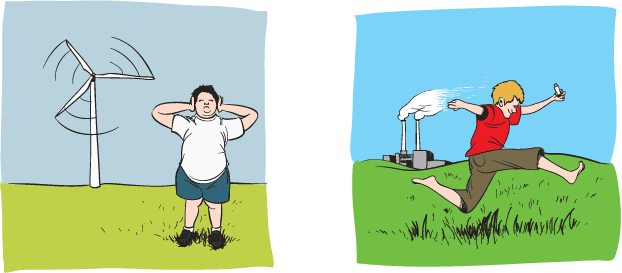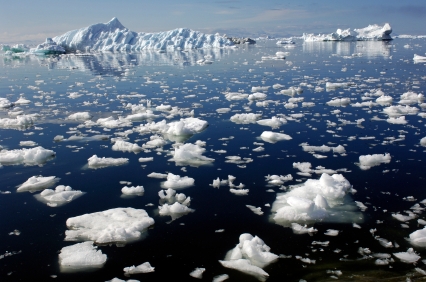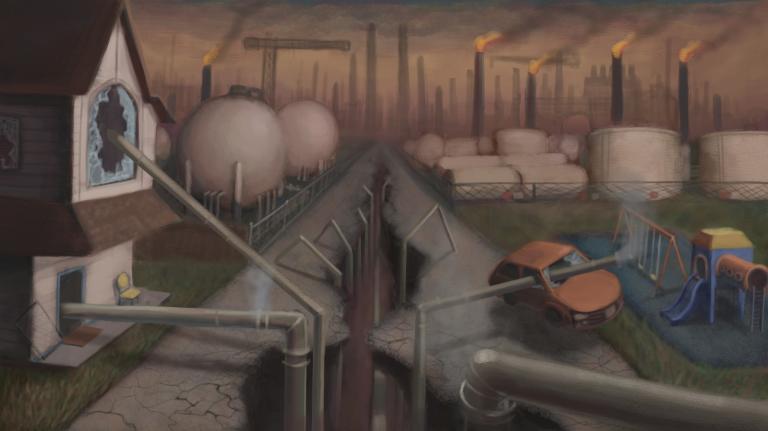Although climate change guarantees that all penguins are screwed in the long term, some are more screwed than others. On the Antarctic peninsula, Adélie penguins have lost almost 90 percent of their population over the past three decades — while the population of gentoo penguins, which don't need ice to survive, has grown by 14,000 percent, according to The New York Times.
South of the Antarctic Peninsula, though, in the Ross Sea, the Adélie penguins are having a bit of a renaissance. Human-caused environmental f*ckery is actually increasing the ice cover in this area, for the moment; winds shifted by the thinning ozone layer make for better ice-growth conditions. (The penguins should enjoy it while they can — soon overall temperatures will rise enough that the ice will melt.) Also, a new fishery is going after Chilean sea bass, which eat the same Antarctic silverfish that the penguins do.
The clear path, then, to helping these penguins, is not to support renewable energy projects or carbon emissions caps. It is to eat more Chilean sea bass. Okay, really, you shouldn't. But if you support the fisheries, the cute penguins will have more snacks.
Keep in mind, however, that these particular penguins are not at the pinnacle of cute. They steal the rocks that make up each other's nests, and according to David Ainley, an ecologist who studies the penguins, "They're really nasty to one another." When their habitats shrinks and doom threatens, though, surely they will all band together and overcome their differences, just like in Ice Age: The Meltdown.




